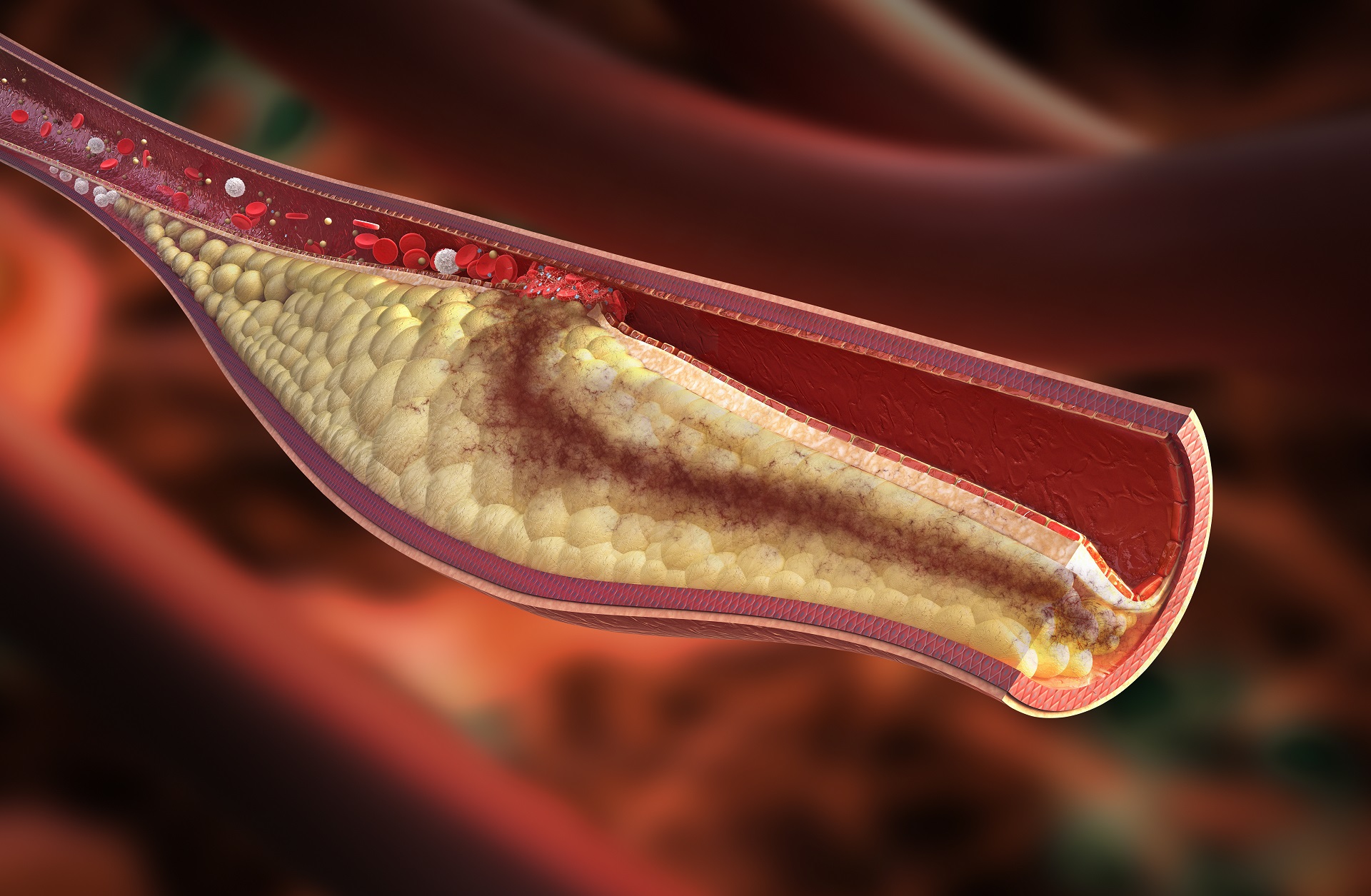Researchers look to nature to pull water from the air›››
Oral bacteria linked to heart
attacks
New research raises questions about causes of myocardial infarction 19 Sep 2025

A recent study published in the Journal of the American Heart Association offers evidence that viridans streptococcal biofilm outsmarts immune detection, jump starts inflammation and possibly contributes to fatal coronary plaque ruptures. That’s right — bacteria living in your mouth might play an unexpected role in heart attacks.
Researchers in Finland found DNA from common mouth bacteria in more than 40 percent of samples of artery plaques — the build-up inside the blood vessels. And they weren’t just hanging out in plain sight; they were hiding out.
The bacteria were found in tight-knit biofilm communities inside the plaques, which makes them difficult for the body’s natural immune protectors to locate. Upon breaking the plaque apart, the immune system suddenly recognized the intruders and activated an appropriate inflammatory response. This inflammation may contribute to the fatal rupture of plaques that cause heart attacks.
The research adds to the long-running theory that infections may play a more prominent role in heart disease than originally thought. And if they really are part of the problem, it could lead to new ways of detecting or treating the hidden culprits to lower heart attack risk.
More like this: Mapping hidden kidney damage
Get the latest articles, news and other updates from Khalifa University Science and Tech Review magazine
